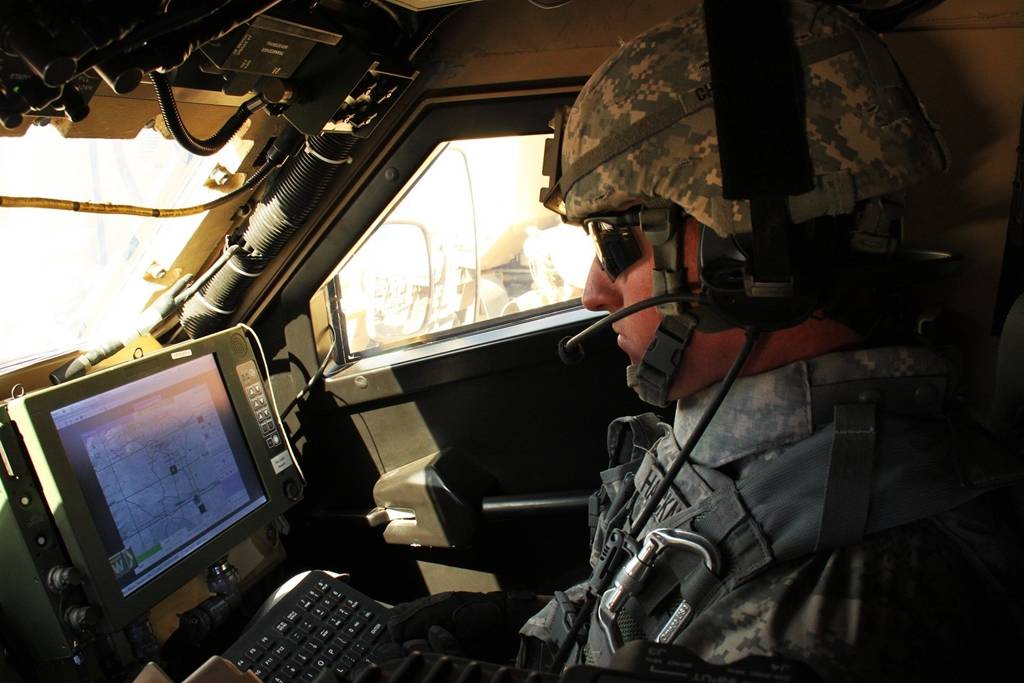
Taunton Gazette Story By Joe Kennedy III
Machines are buzzing across our commonwealth. At AccuRounds in Avon, 12-foot steel bars are transformed into sophisticated tools for everything from cornea surgery to national defense. At Thermo Fisher Scientific in Franklin, complex engineering processes are laced together to build air quality monitors that help keep air clean around the country. At Johnson & Johnson in Raynham, digital 3-D models become wax structures that ultimately give doctors the ability to model intricate spinal surgeries and create custom titanium joints.
From the Berkshires to the Blackstone Valley, our manufacturers are innovating at a breathtaking pace and carefully rebuilding what our still-sluggish economy needs most: stronger, more sustainable pathways to middle class jobs. In doing so, they are promoting a model for economic development that is locally sourced and regionally driven.
It’s an approach that the federal government should pay attention to.
With that in mind, I worked with my Republican colleague from New York, U.S. Rep. Tom Reed, on a piece of legislation aimed at crafting a national manufacturing policy that better supports the efforts of our workforce, businesses, and entrepreneurs on the ground. The Revitalize American Manufacturing and Innovation Act of 2013 helps create a comprehensive manufacturing infrastructure that more directly links industry, academia and government.
The legislation supports the creation of manufacturing institutes across the country, each focused on a specific manufacturing process, technology or challenge identified by local industry or government. By facilitating collaborative institutes that link researchers, businesses and educators under one roof, we strengthen our ability to ensure the needs and goals of all three are in sync. The bill takes a regional approach, understanding that what is best for New Mexico isn’t always what is best for Connecticut and that community stakeholders are always the best advocates for what will work in their backyard. Most importantly, the blueprint works.
A pilot version of this program launched in Youngstown, Ohio in 2010 focuses specifically on additive manufacturing — commonly known as 3-D printing. Now in its third year, the Youngstown institute is made up of 80 companies, nine research universities, six community colleges and 18 not-for-profit institutions. After an initial federal investment of $30 million, participants have matched that with nearly $40 million of their own, putting the institute on the pathway to sustainability.
The United States’ economy has a powerful foundation of discovery and innovation fueled by our world-leading scientists, research institutions, and engineers. But the tangible, economic rewards from this progress crystallize in the later stages — when a drug goes to market, a technology is adopted by industry, or a device makes its way to store shelves across the country. That is when jobs are created, businesses are expanded, and dollars are channeled into local economies.
By allowing local employers and entrepreneurs to shape a national manufacturing strategy, the Revitalize American Manufacturing and Innovation Act tackles the disconnect between research and commercialization head on.
This locally-driven, public-private partnership model is what has fueled so much success here in Massachusetts, where Gov. Patrick has created regional networks around Science, Technology, Engineering and Mathematics (STEM) education and a statewide Advanced Manufacturing Collaborative. These efforts have allowed Massachusetts to focus on the specific needs and strengths of different parts of our state and avoid a top-down, one-size-fits-all approach to economic development and job creation.
As a result, precision and advanced manufacturing businesses are steadily growing, bringing with them solid, middle-class jobs that hold enormous promise for the industrial communities that have long been the economic backbone of our state. Advanced manufacturing jobs in Massachusetts currently have an average annual salary of $75,000 and economists forecast over 100,000 jobs in this sector opening up over the next decade as older workers retire — not to mention the brand new ones that will be created from any additional growth.
For our Gateway Cities — cities that have been built on and fueled by manufacturing for generations — this is an enormous opportunity.
While the commonwealth still has work to do, we are spearheading an approach to manufacturing that is coordinated, integrated, and specific. Our country needs a Massachusetts-style manufacturing policy that sets the framework for regional success and then lets local stakeholders take the reins.

